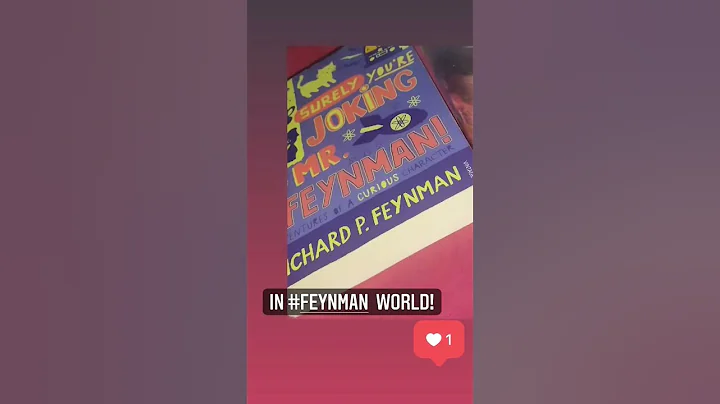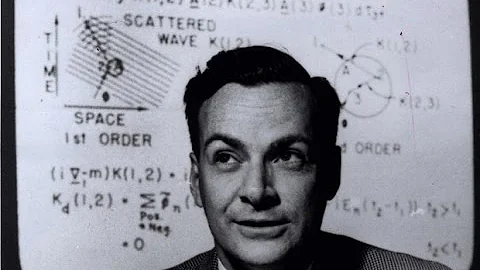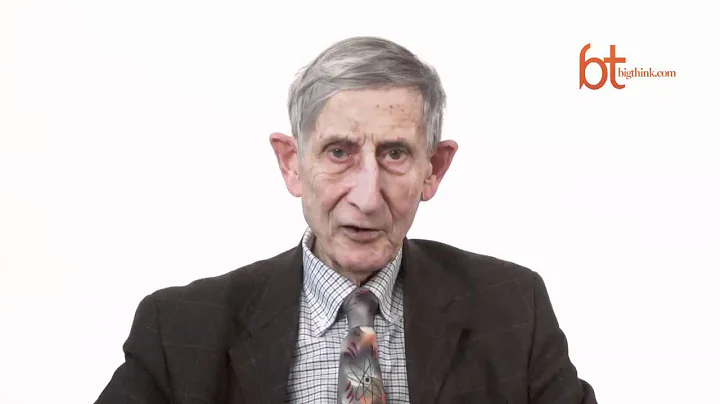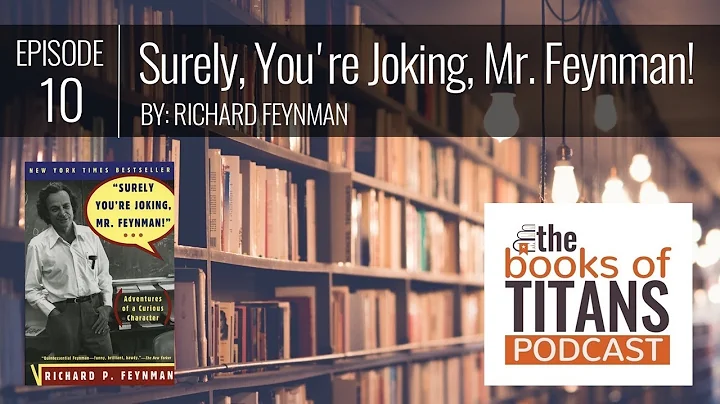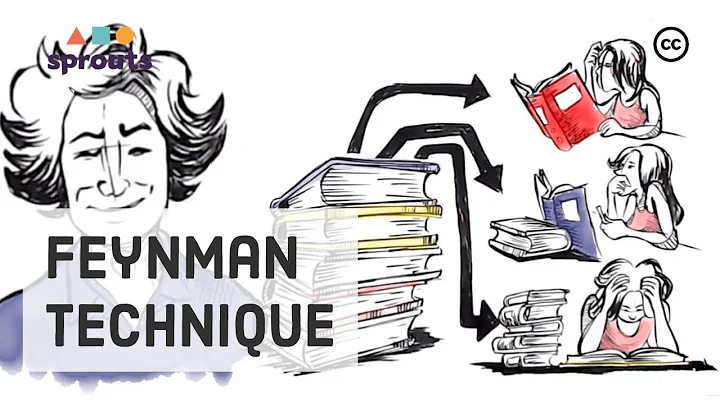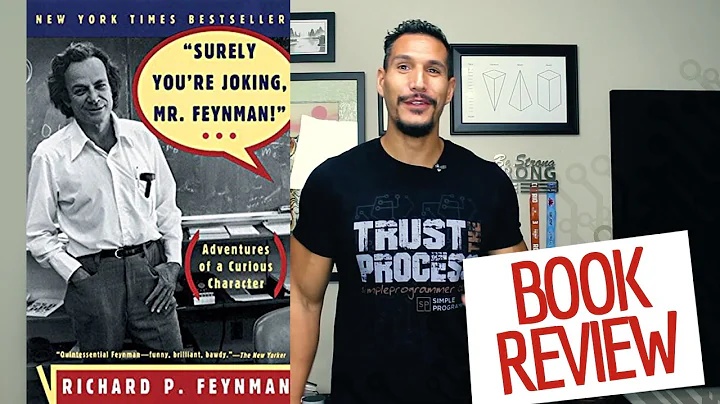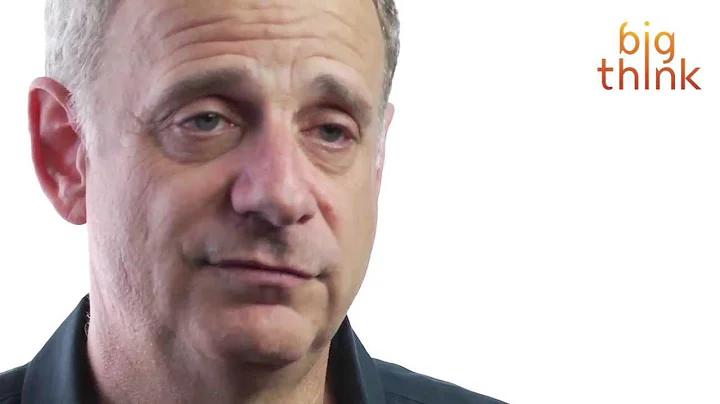"Everyone works hard to take the exam, and then teaches the next generation how to take the exam, but no one understands anything."
"Stop it, Mr. Feynman"

Book title: Stop it, Mr. Feynman
Author: [US] Richard Feynman
Translation: Wu Chengyuan
Category: Autobiography
Publisher: Sanlian Bookstore
Publication time: 1997
Recommendation index: ★★★★★
▾ Click to listen▾
Lao Song recommended "Stop making trouble" , Mr. Feynman" from the Chinese newspaper
00:00
07:04

Lao Song said
middle school students' study room. This section recommends the autobiography "Stop it, Mr. Feynman" by the American physicist Richard Feynman.
Autobiography is used to describe the author's own life experiences. Among the countless autobiographical works in history, especially among the autobiographies produced by celebrities of all sizes in today's era, there are not many that are truly eye-catching and readable - because it is difficult for autobiographies to avoid some pretentiousness and exaggeration, and even There will also be some intentional concealment and tampering mixed in. But there are also a small number of autobiographical works that are like dimming lights and falling morning stars, allowing us to truly enter the vivid heart of the author, read his truest thoughts, and feel his full and rich spiritual world.
Nobel Prize winner and physicist Feynman's "Stop it, Mr. Feynman" is both interesting and fascinating, enlightening and endlessly memorable. It is a book loved by readers. Excellent autobiography.
Reading Feynman's autobiography is relaxing and enjoyable. There are two versions of the book
translated into Chinese, one is "Stop being ridiculous, Mr. Feynman" and the other is "Stop being ridiculous, Mr. Feynman". The word "nao" and the word "funny" just show that the content of this book is humorous and the language is lively and relaxed. It is the kind of book that makes people unwilling to put it down after picking it up. The Los Angeles Times in the United States said when introducing this book: "Anyone who reads this book without laughing out loud must have a psychological problem."
In this book, Feynman rarely touches on his own outstanding achievements in science. Feynman is known as the greatest theoretical physicist after Einstein, but science is only background material in this book, and major life events such as career and family are not the focus of this book. He even won the Nobel Prize. Such important events are understated and passed over in one stroke.
In this book, Feynman focused almost all of his writing on the fun trivia and endless pranks in his life. The book extensively describes Feynman's various hobbies, and he could play them all to the best: he became a local "celebrity" by repairing radios when he was a teenager; He became a professional drummer without writing music; he studied code locks and actually opened a file cabinet containing top-secret materials about the atomic bomb; he studied painting, held art exhibitions under a pseudonym, and sold his works; he learned languages when he went abroad to give lectures, and spoke in the local language giving a report; he went to the casino to study the odds of winning and losing with professional gamblers...
The core content of this book is about how Feynman was curious, how he played pranks, and how he experienced the infinity of life while playing. pleasure. No wonder someone wrote a review and said it is a "love letter written by a science student to the world."
If we think that this is just a funny book with lots of jokes because of the above introduction, then we are wrong.
Because this book is also intriguing.
From this book, we feel that Feynman likes to find his own way in scientific research. He is never stubborn and has a strong thirst for knowledge. We feel that his thoughts are always unconstrained, unfettered and free to wander; we feel that he is passionate about science and technology. They are full of curiosity about all kinds of things, willing to do things, and have the courage to try.
Feynman told us in the book that scientific research must stick to its own moral character-that is, be honest. He frankly faces his shortcomings in the book, and also faces everyone frankly in life. He has no baggage of fame and fortune, neither is he pretentious nor deliberately deep.
Feynman told us in his book that scientific literacy is much more important than knowledge itself . He used vivid facts to tell how top scientists are made. In his book, he criticized some ( Brazil ) education and said: "Everyone works hard to take exams and then teaches the next generation how to take exams, but no one understands anything." He also criticized the United States' textbooks for being vague and confusing and misleading students. These insights into education allow us to ask ourselves in the process of reading, think about the problems in our education, and think about how we can cultivate real scientific literacy.
This book "Stop it, Mr. Feynman" allows us to liberate scientists from the image of being rigid and unconventional, and to see their humorous and energetic side; to see that scientific knowledge is not boring, But it is so colorful and pleasing to the eye; seeing 's interest, curiosity and willingness to think are the guarantee of a long-lasting career and the inexhaustible source of creativity.
Feynman was a great scientist, an excellent teacher, and an excellent speaker. His lecture notes for physics courses in universities were edited into books such as "Feynman Lectures on Physics". It is said that he guided many students to fall in love with physics and science. After reading the autobiography "Stop It, Mr. Feynman", as a liberal arts teacher, I couldn't help but want to find these books and take a look.
book sentence excerpt
I would rather have questions that cannot be answered than have answers that cannot be questioned.
I would rather have questions that can't be answered than answers that can't be questioned.
——Feynman
Extended reading
"Feynman Lectures on Physics: An Introduction"
Nationality: United States
Translation: Qin Kecheng
Publisher: Hunan Science and Technology Press

recommended tutor
Lao Song

Former middle school Chinese teacher, now a freelancer.
has been teaching for more than 20 years and has been resigning for 67 years.
has taught junior high school and high school and is dedicated to his work;
has been a teacher and teaching researcher and is dedicated to his duties.
loves reading and traveling; he dislikes worldly affairs and is not good at socializing.
's favorite motto is: Overcome this era by yourself.
